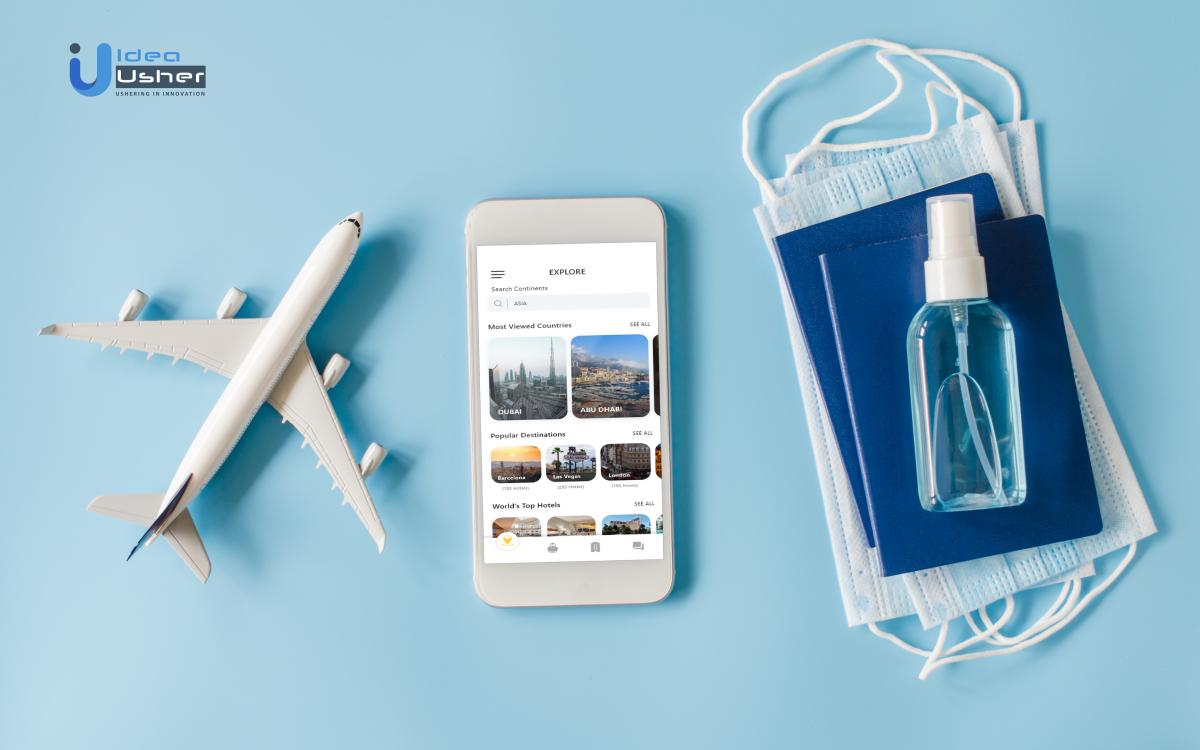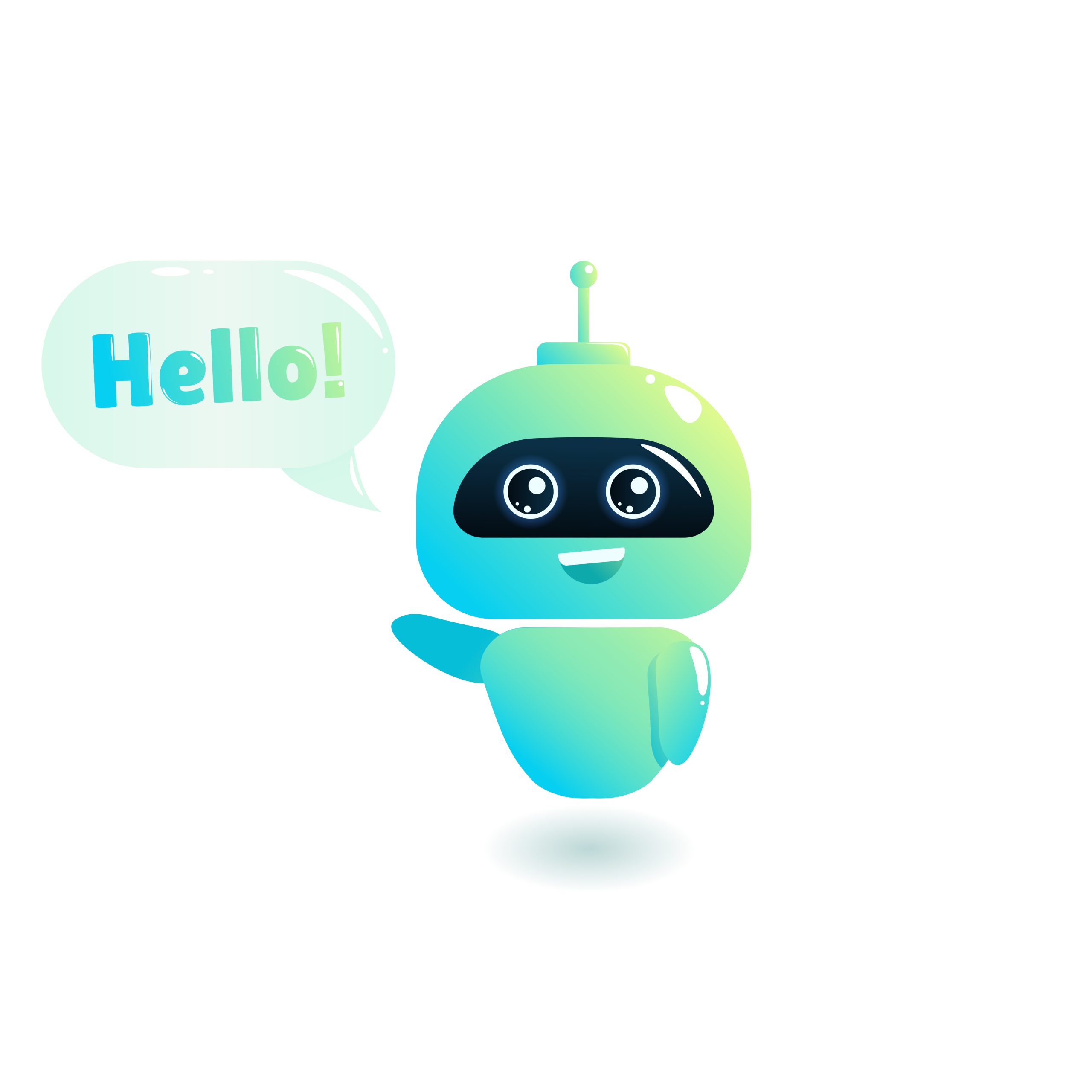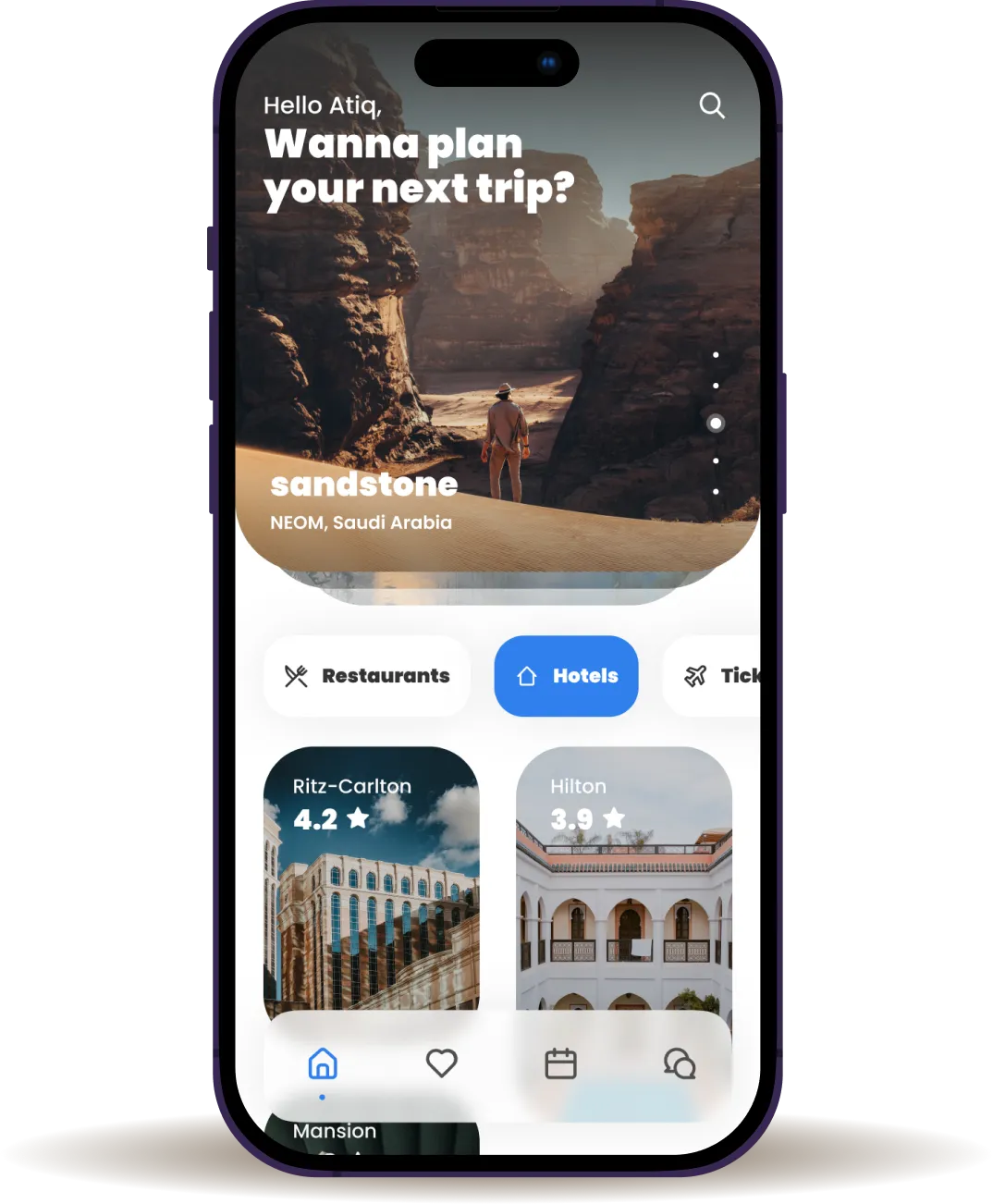
AI has blended into every aspect of our lives. It is no more a fictional aspect of pop culture. Look through any news related to technology. You will spot terms such as Artificial Intelligence and Machine Learning, including different real-life examples of AI in tourism.
AI has made staggering transformations in the travel industry. Businesses can now streamline most of their operations with AI implementation. 80% of retail executives expect AI automated companies by 2027. And they are not wrong.
Enter an airport, and you will find AI used widely. For instance, facial recognition systems, airport security scanning devices, and more use AI technology. Here are the most prominent real-life examples of AI in the tourism industry.
Travel Booking
There was a time when it took days to book flights and accommodations with travel agencies. But AI assistants and chatbots have made the process shorter. These chatbots offer a personalized experience. Moreover, even the biggest travel industry giants, including Expedia, Skyscanner, etc., use chatbots. They provide you with the best deal based on your preferences.
These AI assistants provide you with the best offers. For instance, they alert you to the cheapest flights, price drop alerts, and more. 40% of millennials use chatbots daily. Consequently, making it a profitable option for any industry, including tourism.
Flight Forecasting
AI-driven prediction systems, such as Hopper, help find the best flight price at the right time. The technology uses a machine-learning algorithm. With the flight database, the software can predict hotel prices and flights. It provides recommendations based on your preferences. They refer to the database of many previous flight prices and live price feeds.
Hotels and airlines use such forecasting apps to modify and manipulate. It is done as per the season and consumer demand rates.
Social Media
The travel industry uses social media listening tools. These AI-supported tools decipher the sentiments of consumers through their posts. It provides insights into what the consumer feels before the travel, during the journey, and after it.
Were they unhappy because of a late flight?
Did they find their hotel room inadequate?
Tools like Mindtree’s PaxPulse will assess the customers’ intent. After the assessment, it automatically reaches out to the consumer to have a positive impact. One example is discounts on the next purchase.
As per the survey conducted by Mindtree, 77% of customers find their experience with travel providers inadequate. Out of these, 74% reported that the travel provider made efforts to redeem themselves.
Facial Recognition
The long and complex identification process is one of the most off-putting aspects of a traveling experience. However, facial recognition technology can end these slow, paper-bound processes. It is one of the most compelling real-life examples of AI in tourism. The technology ensures that travelers can seamlessly move through the complete airport checking experience.
Usually, one’s documents are checked at immigration, customs, while boarding aircraft, etc. The AI-sourced facial recognition technology can reduce the time and effort spent during these stages.
Adding blockchain to the AI technology, it can become tremendously easier for customers to visit duty-free stores, restaurants, and other stores with a quick facial scan. The scanner works based on AI, and Blockchain ensures that the record is tracked.
Thus, blockchain technology makes the process more trustworthy as it provides complete transactional details of the traveler.
Data Analytics
Hotels, airlines, and other travel-based industries get immense feedback from their customers. Along with feedback, they also receive data from customer reviews, online polls, etc. Thus, the amount of data generated is too large to be assessed manually.
Machine learning-based data analytics helps in a deep interpretation of data. The understanding of the data provides various insights. AI sorts through the data and provides comprehensive results. Travel-based companies use the results to create actionable solutions. The solutions aim to fulfill the requirements and needs of customers better.
Last Words
Upcoming AI technology can potentially transform the way we travel. For example, SITA, a specialist in airport IT, is devising a technology that can automate handling luggage at the airport. The system can take lost luggage and luggage without labels.
To sum up, AI can make the journey smoother by personalizing and shortening the formal processes. Moreover, wearable technologies, self-service systems, etc., and other real-life examples of AI in tourism prove to be an efficient way to maintain customer satisfaction.











Pallavi Narang